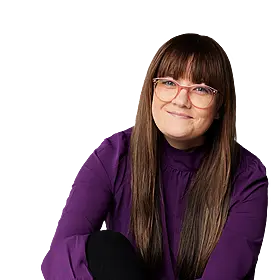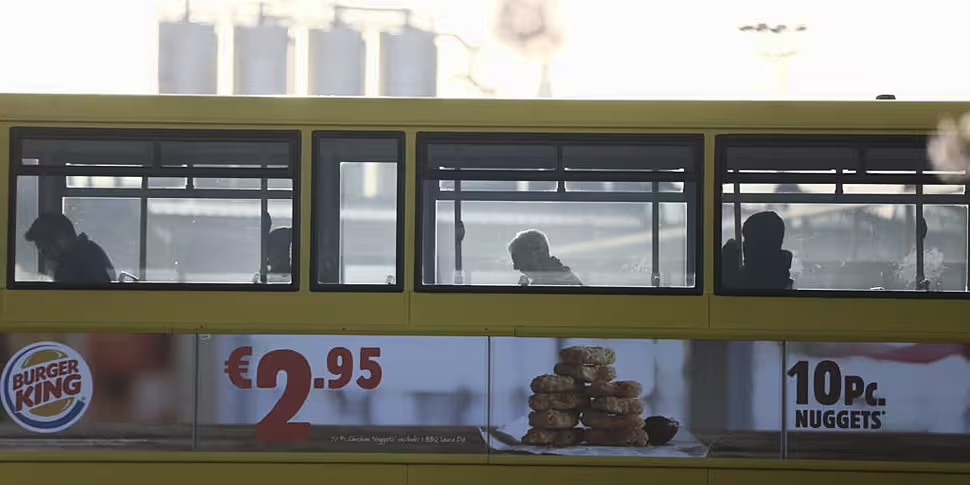The head of the National Bus and Rail Union (NBRU) says Ireland should introduce free public transport fares for the duration of the coronavirus emergency.
But the group's general-secretary Dermot O'Leary says the bigger questions should be around what happens after the pandemic.
It comes after buses in the British capital city of London are free to use, in an attempt to protect drivers from the coronavirus.
Passengers do not have to pay to travel and are boarding by the middle door under new measures.
Transport for London (TfL) announced customers "will not be required to touch in" with their payment card or device.
This is to avoid passengers approaching the driver's cab and having to touch a card reader.
TfL introduced the changes after 15 bus workers there died after testing positive for COVID-19.
Mr O'Leary told Newstalk Breakfast a similar scheme should be introduced here.
"The easy answer is that they should - but there is some complicated factors here in terms of different bus fleets and who actually is in charge of public transport in this country.
"In terms of Dublin Bus, for example, and the city routes in Bus Éireann, the National Transport Authority have a role to play here.
"They've contracts with the companies, and we've been calling on the NTA - and indeed politicians have - over the last number of weeks to make a decision similar to the one in London.
"That hasn't been forthcoming yet".
"My understanding from talking to colleagues in London is that they have been way behind in terms of the different types of cleaning regimes that we have in place here for a number of weeks.
"Whilst these cleaning and disinfecting regimes of customer interaction areas and customer touch points are very robust, and again in an imperfect world they're not perfect either.
"So yes - the answer is that we are calling for cashless [fares] but there needs to be consideration given to how that so-called commercial service in Bus Éireann would be affected".
"The big focus really should be on the next number of weeks: what's going to happen when some type of normality returns.
"I can't see a situation where you're going to have anything next nor near the amount of people travelling on buses, and indeed trains, into the next 12 or 18 months.
"So there needs to be a big conversation on how transport is going to be reconfigured, if you like".









